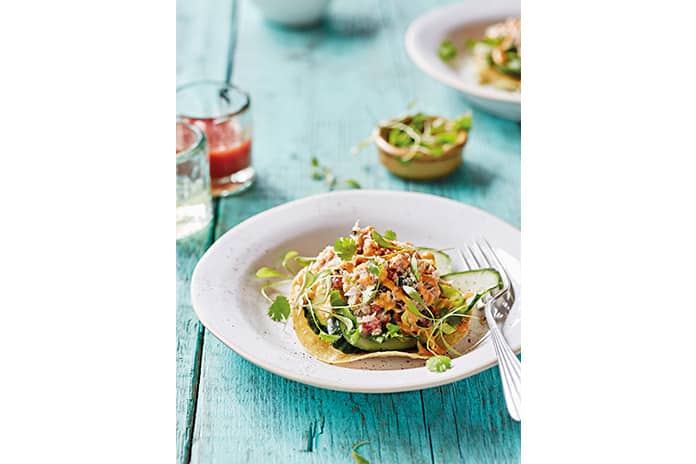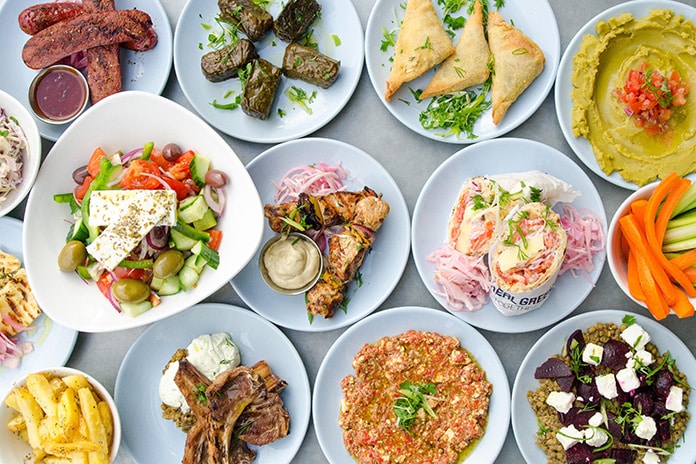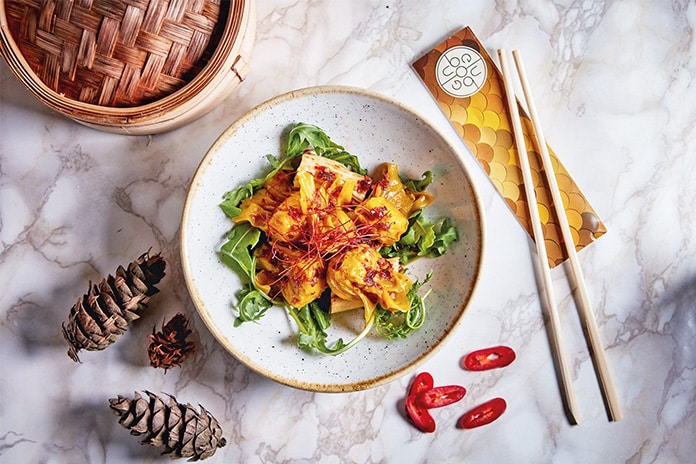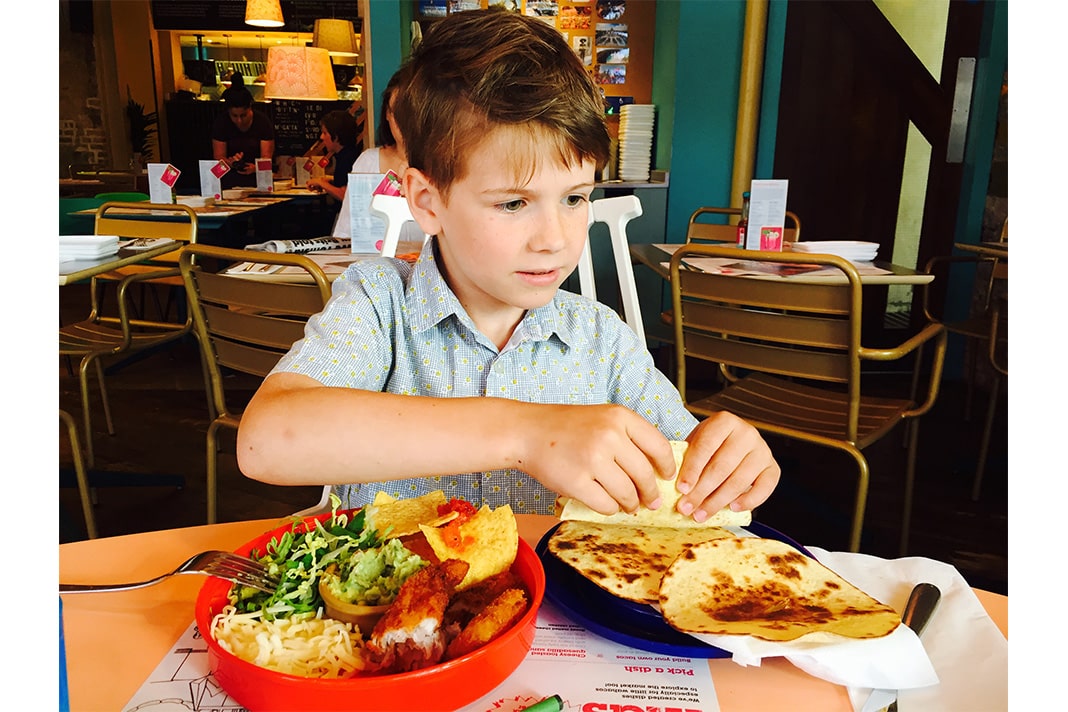Most children are fussy diners, to varying degrees. But how can we expand their foodie repertoires?
Words Pendle Harte
Children are on the whole terrible dining companions. Watching someone pick every last green thing off their plate and deposit it on the table, or on your plate or on the floor, is not fun, and neither is dealing with moaning when any of their disliked ingredients appears. Fussy eaters might exclusively eat white food, or only foods that aren’t touching other foods, or insist on ketchup with everything, or chips. There’s no logic to any of it – they might have an irrational hatred of tomatoes, but not tomato sauce; they might love pastry but refuse to try quiche, they’ll eat cheese, but not if/only if it’s melted, they love mangoes but won’t go near melon. And then there are the inexplicable things that they do like. Olives, for instance, are very popular among children, as are cornichons – and they’ll usually eat mussels. Nothing is predictable – some of them love strong mustard and hate ketchup, and these firm beliefs can change daily.
Most children have an automatic resistance to things their parents encourage. Homework, baths, gloves. And of course food. So if our power as parents is limited, how do restaurants fare as motivational environments? If we took our children to restaurants more often, would they widen their food repertoires? We picked three informal places to try with an aim of getting our girls aged 8 and 11 to try something new, and ideally to come away liking it. The rules? No kids menus.

Wahaca
Wahaca is buzzy, colourful and fun and its Mexican street food focus is well suited to children in many ways. Small sharing plates mean lots of things to try. The main hazard however is chilli, which is unpopular among children but in most things here. If something’s deemed too spicy, they won’t eat it, and entire dishes can be dismissed this way, leading to the worst possible outcome: rejected food, hungry children, money wasted – the main reason (apart from behaviour) that parents avoid restaurants. Burritos, tacos, quesadillas are all kid-pleasers; the 11-year old loves her chicken burrito but slightly complains that it’s spicy. Still, we try a selection of things between us, including crab tostadas, black bean quesadilla and pork tacos, which all go down well, as does guacamole, which is proof for us that children will eat things in restaurants that they refuse at home. We loosen the ban on kids menus when we spot the build-your-own-taco offering, which even with avocado creates so much delight (and is a welcome relief from fish goujons and chips) that our mission is clearly a success.

The Real Greek
Sharing plates have become a bit ubiquitous now, but Greek restaurants practically own the concept. Mezze is basically the way we all eat now anyway. At The Real Greek, they solve the problem of tables never being big enough for ‘three or four small plates each’ brilliantly by using the stacking silver serve equipment usually associated with afternoon tea, and this the kind of thing children like too. We order one of the set menus, Tonia’s Filoxenia, which is a feast. First there’s Greek flatbread and hummous, which admittedly sounds like what the children have in their packed lunches, but this is better and even they agree. Then comes the tiered display: delicious green pea fava topped with red onions and tomatoes gains adult approval but inevitably the children pick off the onions and tomatoes. Halloumi skewers with minted yoghurt, chicken wings marinaded in smoked chilli and falafel balls with tahini dip and a steaming bowl of saffron rice are all quite popular. We share a decadent (and not so Greek) salted caramel cheesecake and leave sated.

Ping Pong
Dim Sum should be a no brainer for kids. Small parcels of deliciousness. But our girls are suspicious of dumplings. Ping Pong’s menu is vast and we order a huge spread, including pink ‘unicorn noodles’ which don’t seem to be part of a children’s menu but easily could be. Most popular are the pork ribs, probably because they’re intensely sweet, and the pork puffs – but surprisingly nobody likes the pork buns, even though they are exactly the kind of bready thing you’d expect children to adore. Steamed pork and chive dumplings are a great success, as are the beef gyoza. The dumpling prejudice has definitely been challenged.
The Verdict: It seems that fussy eaters are only fussy when their parents are cooking. Who knew?






NO COMMENT